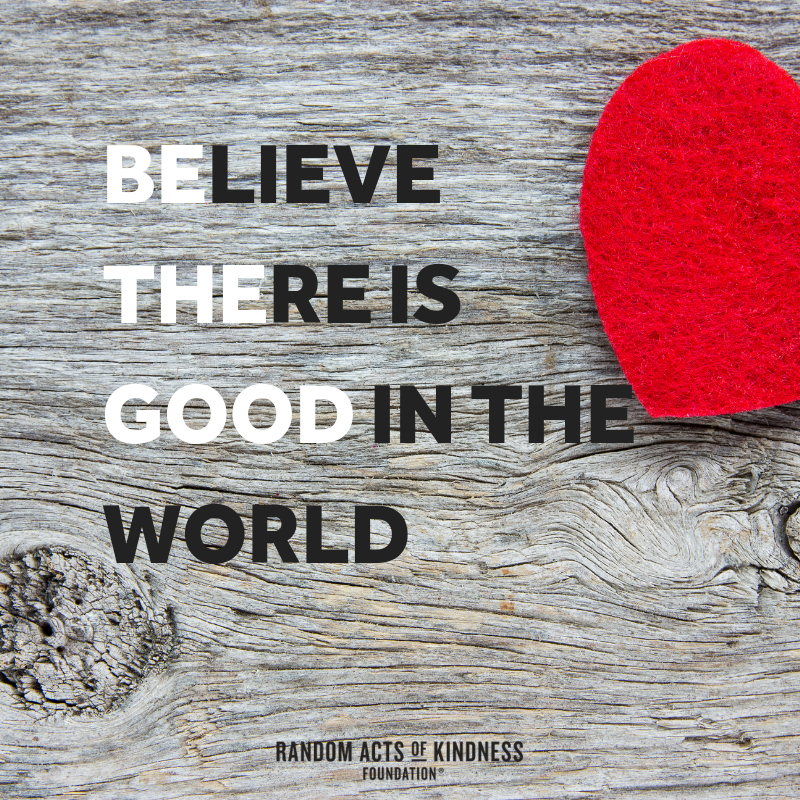World Kindness Week
In a time of near constant negativity, spreading positivity is key.
December 2, 2022
World Kindness Week, occurring annually throughout the week of Nov. 14, was created as an extension of World Kindness Day, which takes place yearly on Nov. 13. Since 1998, World Kindness Day has been celebrated as a means of encouraging universal compassion in society. In honor of World Kindness Week, students and staff of PennWest California shared the ways in which they spread kindness.
Rachel Michaels, Associate Director of Wellness for the PennWest campuses, could not help but smile after receiving a heartfelt compliment.
“I am always in a better mood after receiving kindness from someone else,” Michaels said. “It has never once ruined my mood. It has only ever enhanced it.”
Michaels demonstrates kindness on the average day by making a conscious effort to check in with her fellow employees and student workers.
“I think doing general check ins is a good way to show kindness because it lets people know that you’re concerned and that you care for them,” Michaels said.
Michaels encourages her students to regularly express kindness by showing compassion to their peers, “being more patient with other students, not rushing them (in the lunch line, in class, at the gym, etc.), and just by talking to each other.”
“I think it’s really important to be kind to everyone,” Michaels said. “And you may be the only person who is kind to them that day.”
Michaels also explains that not only are there emotional benefits associated with showing and receiving kindness, but health benefits as well.
“Practicing kindness towards self and others has been shown to lower blood pressure and cortisol (stress hormone) levels,” Michaels said. “It has also been shown to increase dopamine and serotonin, which are neurotransmitters in the brain that are associated with the pleasure centers in the brain.”
According to the Random Acts of Kindness Foundation, exhibiting kindness releases endorphins that reduce pain, stress, anxiety, and depression and increase happiness, energy, oxytocin, also known as the “love hormone,” and can even prolong the average lifespan.
Mara Proie, a PennWest California Junior studying Early Childhood Education, finds that even the smallest acts of kindness are enough to brighten her entire day.
“Whenever someone is kind to me, it truly makes my whole week,” Proie said.
Proie spreads kindness in her everyday life by taking a moment to greet her peers and inquire about their day.
“I think the most important trait someone can possess is kindness,” Proie said. “You never know what someone is going through, so it is important to always treat others with kindness and compassion.”
She urges students to normalize engaging in random acts of kindness such as “saying a genuine compliment, showing your support for others in need, being a friend to everyone, and shutting down the conversation if someone is being unkind to another person.”
“The world does have kind and caring people,” Proie said. “Please be kind to others. It is easier to do than being mean and it can leave a positive impact on many people.”
Showing kindness doesn’t have to be a grand gesture. An act of kindness can be as simple as holding the door for the person behind you or smiling at someone as they pass you.
“It’s easy to get frustrated and annoyed at the little things in life,” Michaels said. “But it’s important to remember to slow down and show more kindness to each other. The last few years have been really hard for us collectively, so we need to remember that and to spread kindness to one another.”






